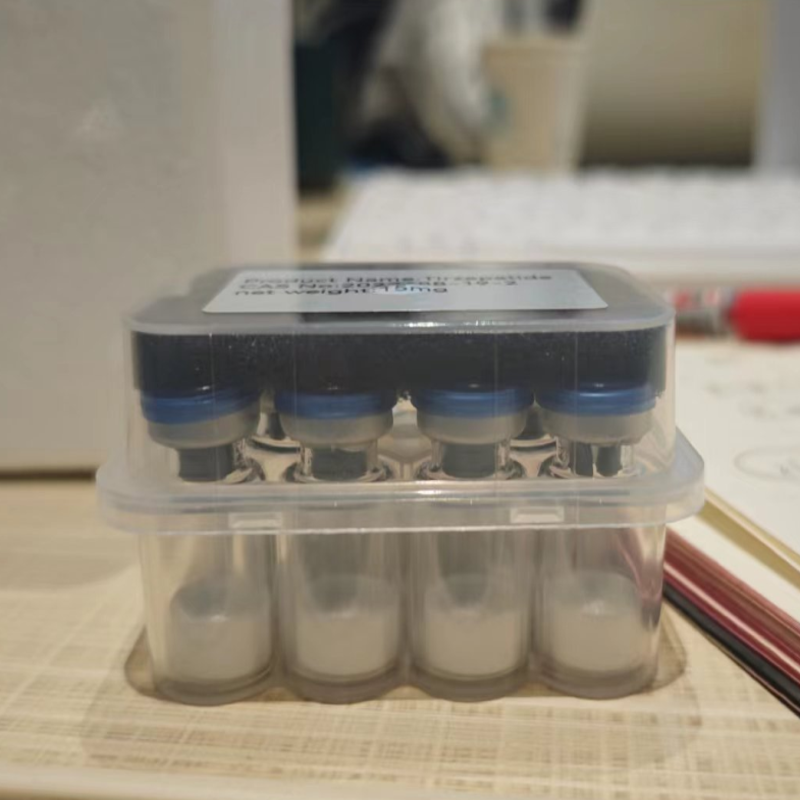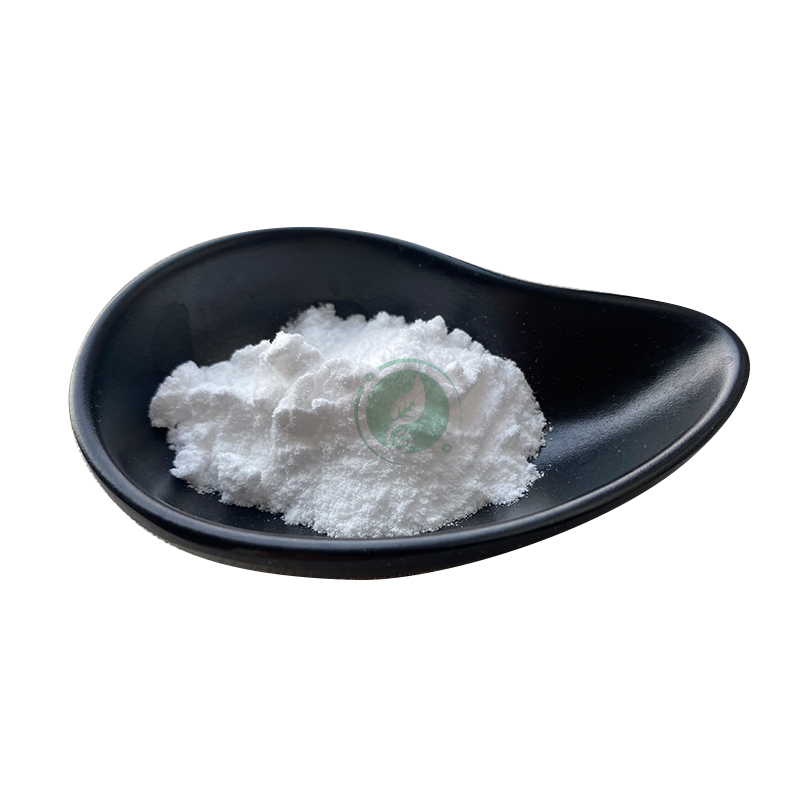-
Categories
-
Pharmaceutical Intermediates
-
Active Pharmaceutical Ingredients
-
Food Additives
- Industrial Coatings
- Agrochemicals
- Dyes and Pigments
- Surfactant
- Flavors and Fragrances
- Chemical Reagents
- Catalyst and Auxiliary
- Natural Products
- Inorganic Chemistry
-
Organic Chemistry
-
Biochemical Engineering
- Analytical Chemistry
-
Cosmetic Ingredient
- Water Treatment Chemical
-
Pharmaceutical Intermediates
Promotion
ECHEMI Mall
Wholesale
Weekly Price
Exhibition
News
-
Trade Service
Renal anemia is one of the main complications of chronic kidney disease (CKD) in the decompensated period of renal function, and the main cause is the decrease in the production of erythropoietin
.
Severe anemia may affect the cardiovascular function of non-dialysis and dialysis CKD patients
01
Preface
Vadadustat is an oral hypoxia-inducible factor prolyl hydroxylase inhibitor (HIF-PHI).
Its role is to simulate the body's physiological response to hypoxia at high altitudes by inhibiting the prolyl hydroxylase that breaks down HIF.
, In order to increase the production of HIF, thereby regulating iron metabolism, promoting the production of EPO, and finally stimulating the production of red blood cells
.
On April 29, 2021, Akebia announced the latest global safety phase 3 trial results of its renal anemia drug vadadustat in patients with non-dialysis-dependent chronic kidney disease (NDD-CKD) and dialysis-dependent chronic kidney disease (DD-CKD).
Although both reached the primary efficacy endpoint, the primary safety endpoint in NDD-CKD patients did not meet expectations, and cardiac safety risks still exist
.
02
The latest global Phase III clinical trial results
In two three-phase, randomized, open-label, non-inferiority trials, the effects of vadadustat and ESA-darbepoetin alfa in patients enrolled with two criteria were compared:
(1) Dialysis-independent chronic kidney disease (NDD-CKD) patients who have not received ESA treatment (hemoglobin concentration is less than 10 g/dl);
(2) NDD-CKD patients in the United States who have received ESA treatment (hemoglobin concentration 8-11 g/dl); NDD-CKD patients in other regions who have received ESA treatment (hemoglobin concentration 9-12 g/dl);
The primary safety endpoint was the first major cardiovascular adverse event (MACE, non-fatal myocardial infarction or non-fatal stroke and any cardiovascular death) in the two trials
.
The primary efficacy endpoint is the average change in hemoglobin concentration from baseline during the two evaluation periods (weeks 24 to 36 and weeks 40 to 52)
In the two trials, a total of 1751 NDD-CKD patients who were not treated with ESA and 1725 NDD-CKD patients who were treated with ESA were randomized
.
In the pooled analysis, 1739 patients received vadadustat and 1732 patients received darbepoetin alfa.
The global experimental data show that compared with darbepoetin alfa, vadadustat meets the predetermined non-inferiority standard for hematological efficacy in NDD-CKD patients, but does not meet the predetermined non-inferiority standard for cardiovascular safety
.
In the other two phase 3 trials of DD-CKD patients, vadadustat showed non-inferiority compared with darbepoetin alfa in terms of cardiovascular safety and correction and maintenance of hemoglobin concentration
.
These two experiments were for initial and stable DD-CKD patients
.
A pooled analysis of the two experiments showed that the first MACE occurred in 355 patients (18.
03
Discussion and outlook
As early as September 2020, Akebia announced that compared with Amgen's standard erythropoietin therapy, vadadustat will increase the heart risk of patients with anemia caused by chronic kidney disease
.
Akebia said it still plans to apply for vadadustat approval from the FDA
On March 30, 2021, Akebia submitted an NDA application to the FDA for the treatment of anemia caused by adult CKD patients on dialysis or non-dialysis
.
According to the FDA's standard review schedule, the FDA has a 60-day period to determine whether the NDA is complete and acceptable for review
John Butler, CEO of Akebia, expressed his belief that the cardiovascular safety of vadadustat will be supported by global Phase 3 experimental data
.
However, the recent global Phase 3 data did not give vadadustat enough security support
In December 2018, roxadustat was approved to be marketed in China through the priority review and approval procedure, and its trade name is Aerizol, which is used to treat anemia caused by DD-CKD.
Although in June 2020, the Ministry of Health, Labour and Welfare of Japan approved vadadustat for the treatment of anemia caused by CKD, in the same year, another competing drug in the HIF-PHI field, daprodustat from GSK was also approved for marketing by PMDA.
Therefore, in the HIF-PHI market competition, although the three approved drugs (roxadustat, vadadustat, daprodustat) have achieved the efficacy not inferior to EPO, due to cardiotoxicity, vadadustat is bound to be at a disadvantage in the future competition
.
Reference link
https:// https:// https://ir.
akebia.
com/news-releases/news-release-details/new-england-journal-medicine-publishes-results-global-phase-3







